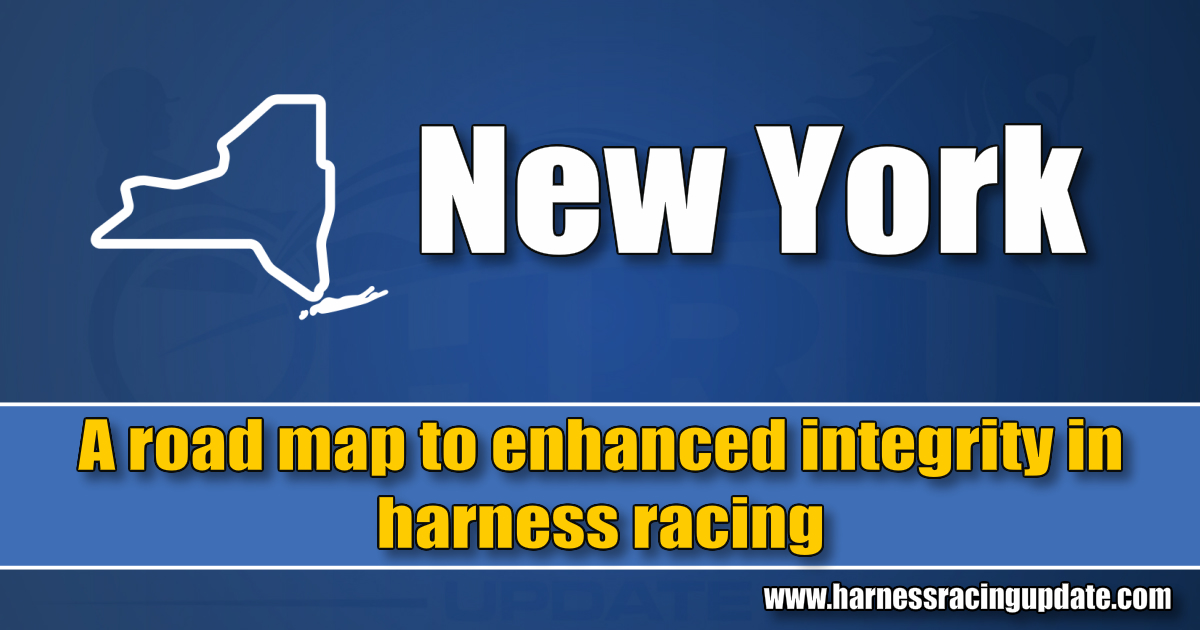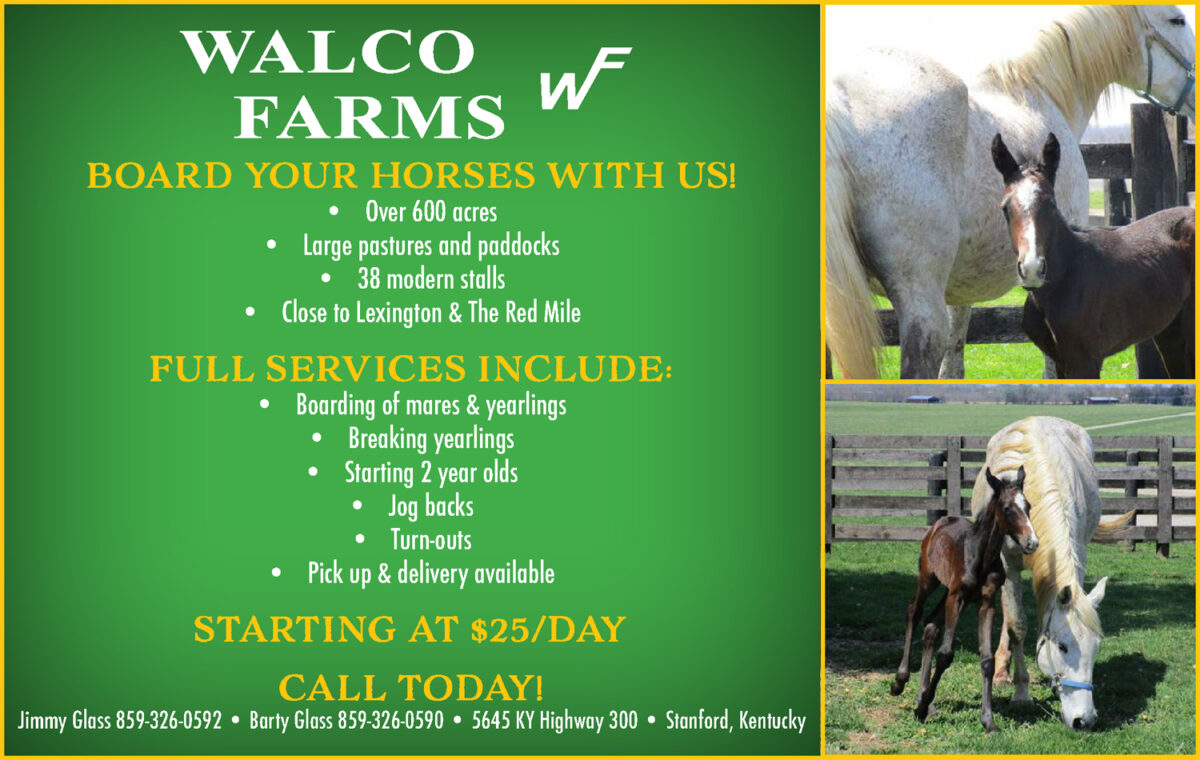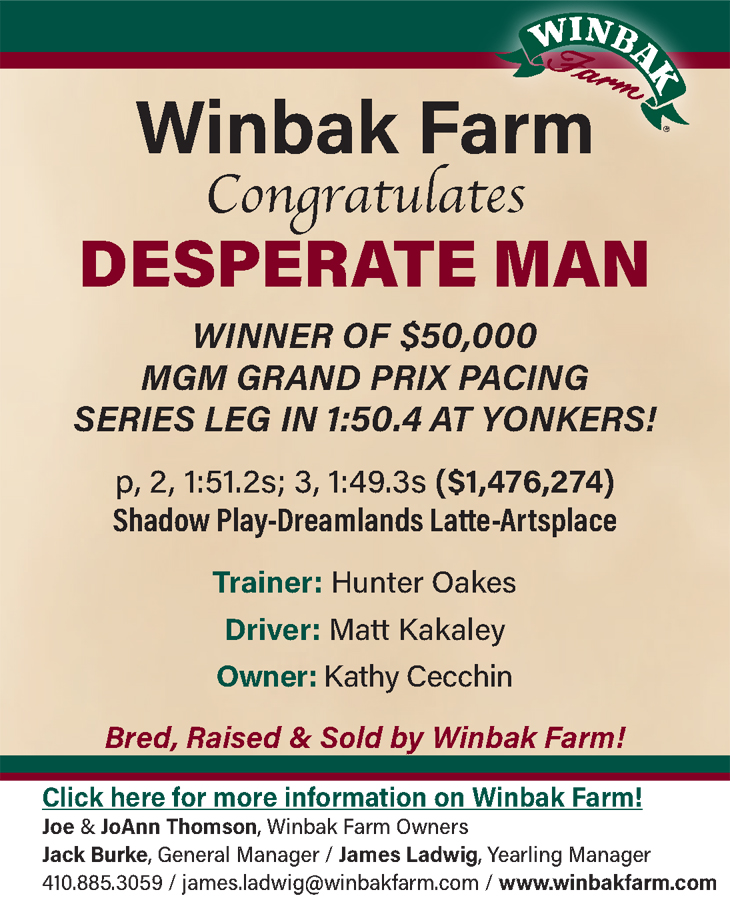A road map to enhanced integrity in harness racing
Art Gray details what has worked at Tioga and Vernon Downs and what the whole industry needs to adopt.
by Art Gray
The recent serious integrity issues combined with the deadly COVID-19 pandemic have accomplished what many industry leaders have unsuccessfully attempted to establish for decades: An opportunity to start over and get it right.
I established this program in 2006 and was fortunate to have Jeff Gural share my concerns for our waning public perception and open the door for its implementation. There was interest in the program by other facilities, but a firm commitment never materialized. A key obstacle was racetrack management’s fear of their individual commissions’ negative response, viewing the move as adversarial in nature. The commissions that had joint authority over both racing and casino operations in their jurisdiction presented an additional concern for potential repercussions.
This program is based on the racetracks’ court-proven right to exclude individuals whose participation could be detrimental to the business interest of the facility. Exercising this right should not create an adversarial relationship with the regulating agencies. Both the racetrack owners and the racing commissions share the same goal: a level the playing field on the racetrack for all and to regain the public trust. The right of exclusion is simply a tool that the racing commissions do not have in their tack box.
The racetrack’s guidelines are laid out as house rules. Most will be consistent with other facilities, albeit the house rules for each track will be derived individually. Key components of this program are autonomy and equitable consistent application. It is easy to abuse. If it is, we will lose a valuable tool to address our integrity issues.
Integrity outline
Every individual must be approved by racetrack management to participate. A state license provides an individual a right to participate in the state the license is issued. The racetracks have a right to institute house rules that best protects their business. Formal stable/participation applications are required by all and available online.
A notice will be published informing the horsepeople and owners of management’s intent to exercise their “Right of Exclusion” to protect the facility’s business interest. Track management establishes the criteria while an individual or separate entity performs the due diligence and research that is presented to track management for their review. The information is only available to track management and otherwise kept confidential. It is important to avoid any indication of collusion between the racetracks in depriving a horseperson his or her rights to participate. Pegasus Downs cannot request a list of horsepeople who cannot participate at Happy Valley. Their decision to exclude an individual must be based on their criteria. If an individual excluded from Pegasus Downs applies to race at Happy Valley, their criteria will be utilized in performing the due diligence. The management at Happy Valley will review the records and make its own informed decisions unrelated to the activity of another facility.
Having an independent third party/entity performing the due diligence is a preventive measure against collusion, inconsistency and unethical application.
Additional due diligence will ensure that approved trainers are not misrepresenting individuals excluded from the racetrack. Horse ownership and trainer transfers will be reviewed.
Security staff is trained to observe and identify actions by individuals that may be in violation of jurisdictional rules and/or any conduct that compromises the integrity of racing. Training includes proper procedures for search, seizure, evidence collection, interrogation, corroboration and prohibited medications and procedures.
A formidable security director is necessary as are members of the staff. These individuals will be doing more than checking licenses and require the fortitude to address certain situations. When any violation is identified, the security director will ensure that all statements and evidence are corroborated and when complete turned over to the presiding judge/state steward. At this point the racetrack management is eligible to take immediate action to protect their business interest. Whatever action the regulating agency initiates will be a separate from the remedies issued by the racetrack.
Note: In the first year Tioga was opened, a trainer was identified by track security injecting a horse at a rest stop 10 miles from the track. The trainer was subsequently stopped at the gate and his van searched by trained security. The contraband and a detailed report were presented to the presiding judge. Tioga management immediately exercised its right of exclusion issuing a letter stating it decided the trainer’s participation at Tioga Downs was not in the best business interest of the track. The exclusion also applied to any licensed individual acting on the trainer’s behalf. The subsequent suspension that the commission imposed was appealed several times to the civil courts citing that racetrack security did not have authority to search and seize the contraband. The court determined that the “trained” security guards were an extension of the racing commission, hence had the right of search and seizure.
Veterinarians are monitored with irregularities reviewed and reported to the racing commission. Racetracks will continue to have the right to implement detention barns as well as their own testing program for TCO2 and/or controlled substances. Funds for drug research and testing are a concern. Designer compounds that are difficult, if not impossible, to detect are the PED du jour.
Note: An interesting program developed was the use of drug detecting dogs. Our security director at Tioga Downs is a retired PA State Trooper who headed up the K-9 unit. I asked him how many drugs a dog can detect, and he said as many as you train him to find. These dogs were trained to find 10 common illicit drugs that a trainer so inclined may think about using on race day. In a subsequent test, we put common painkillers and EPO in several syringes. We dispensed the drugs from the syringe and hid the needles in bales of hay and in the roof rafters. The dogs found all needles literally finding a needle in a haystack and scratched on the wall under needles hidden in the rafters. Once this capability became known we were informed that if the dogs were brought on the grounds the horsemen would not sign the upcoming contract.
Stan Bergstein wrote articles about the program and each of these incidents. They were in the local newspapers and garnered interest from the NY State Police and the FBI.
It is apparent that our regulatory model is beyond repair. I have been in Washington, DC lobbying our legislative representatives to pass The Horse Racing Integrity Act. The HRIA is a step in the right direction but would not be available for 18 months.
The time to address our integrity issues is long gone in our rearview mirror. The overwhelming consensus is start over today and do it right.

















